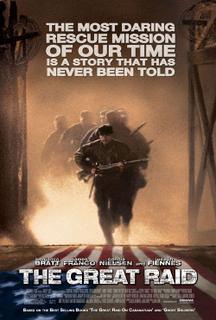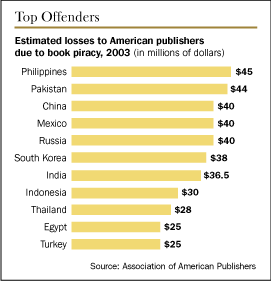Well, Rambling Librarian tagged me a little while ago. And since my posts have been quite serious lately, let me just tell you a little bit more about myself through the books I own and love.
Last book I bought:
Just last week, I bought The Island of Lost Maps: A True Story of Cartographic Crime
Librarian... it practically begs you to envision a stoop-shouldered loser, socks mismatched, eyes locked in a permanent squint from reading too much microfiche. If it were up to me, I would abolish the word entirely and turn back to the lexicological wisdom of the ancients, who saw librarians not as feeble sorters and shelvers but as heroic guardians (p. 113).Last book I read:
I've written enough about Harry Potter and the Half-Blood Prince (JK Rowling) in "For Harry Potter Fans," "Harry Potter!!!" and "A Tragic Death in Harry Potter and the Half-Blood Prince." I'll be writing one more soon but it will just be odds and ends, and not a review. So if you haven't read it yet, buy it or borrow it!
Five books that mean a lot to me:
The first library book I ever borrowed that was not—or so I thought in Grade Two—a children's book was The Melted Coins
When I was in Grade Six, my father forced me to read The Bourne Identity
I borrowed The Prodigal Daughter
I borrowed Adventures in the Screen Trade
I first read parts of Inside Oscar
But why exactly do these books mean so much to me? The Melted Coins was the one that I remember as the first to awaken my bibliophilic tendencies. I don't even recall anymore what it was about, even though I probably borrowed and read it a few times. (Note to self: buy a copy.) And the rest? Well, I suppose I could say that they are important to me because:
- I have read each of them from cover to cover at least 10 times,
- I reread my favorite parts every now and then,
- I eventually bought or was given my own copies for posterity, and
- I learned so much about other cultures, professions, etc.
The five people I tag:




 The coffee mug on the right was the token given to all those who attended the launch of
The coffee mug on the right was the token given to all those who attended the launch of 
















